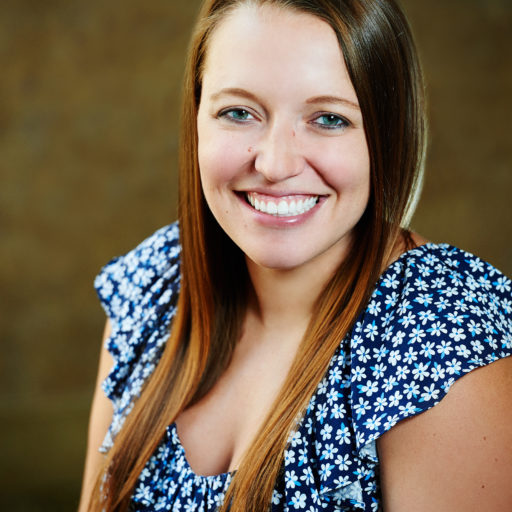Question: Though we’d sometimes like them not to be, our classrooms exist within the broader local and U.S. context in which we live. How is this current social and political climate, where so many people have seemingly conflicting views, entering your classroom? How are you (or people you know) advocating for students? What actions have you taken (or have you seen taken) on behalf of students to support them?
Many of my students are currently enrolled in the Deferred Action for Childhood Arrivals (DACA) immigration program. Political shifts have left students uncertain and fearful. I have students who are struggling with a future where they might lose work permits, a future where keeping their families together is less certain, and a future that might deport them to countries that they do not consider home. I struggle to face my students daily and push them to focus on content when I know they are preoccupied with issues that are so much bigger. I try to remind my classes to focus on what we can control: how we treat each other, what issues we stand up for, how hard we work, and how we support our community. Is it enough? It doesn’t feel remotely adequate.
– Cacia Steensen, Knowles Senior Fellow
I teach in a rural, mostly conservative area, and I co-advise the GSA (Gay-Straight Alliance). Before the election, those students mostly just wanted a safe place to talk and be themselves. I’ve seen a shift this year. Students feel more compelled to advocate for themselves. We try our best to support that, but their project ideas are not always met with acceptance from the district. Students are struggling to find their voice and place in our community. Other students use derogatory and exclusive language that they see and hear public figures using. I know my support helps, but I also know it’s not enough.
– Beverly Stuckwisch, 2012 Knowles Teaching Fellow
A large fraction of my students are immigrants and many are undocumented. Each new piece of news sends small shock waves through our student population, and I feel unprepared to help them cope as I’m not even sure how to cope with it myself. Many students try to make jokes about it, but behind the jokes are real fears about what will happen to their peers, their families, and themselves. Other students have lost motivation; they ask, “Why should I take AP Chemistry next year when I’m just going to be deported?” I’m still trying to find my footing in this political climate and figure out how I can help my students. I push them to continue to challenge themselves in school as more education can only help, no matter what happens. I’ve been assisting as many students as possible with the college application process and have met with the Massachusetts Immigrant and Refugee Advocacy Coalition to try to organize a training for teachers at our school around what rights immigrants have and what we can do if a student has an immigration crisis in their family. It still doesn’t feel like enough.
– Shannon Morey, 2015 Knowles Teaching Fellow
I work in a suburban charter school with a classical curriculum. A colleague and I started a diversity club at the request of students so they could discuss challenging social and cultural topics. At the charge of our charter system, even within clubs, we must draw from historical and classical literature for sources to discuss together. We have centered our discussions on readings from Mary Wollstonecraft, W.E.B. Du Bois, Plato’s Symposium, and other classics. Our students are finding that they are able to draw from these and similar classical sources in order to have rich conversations about contemporary topics such as women’s rights and pay equality, racial inequality, and LGBTQ+ identity.
– Ian Caldwell, 2012 Knowles Teaching Fellow








